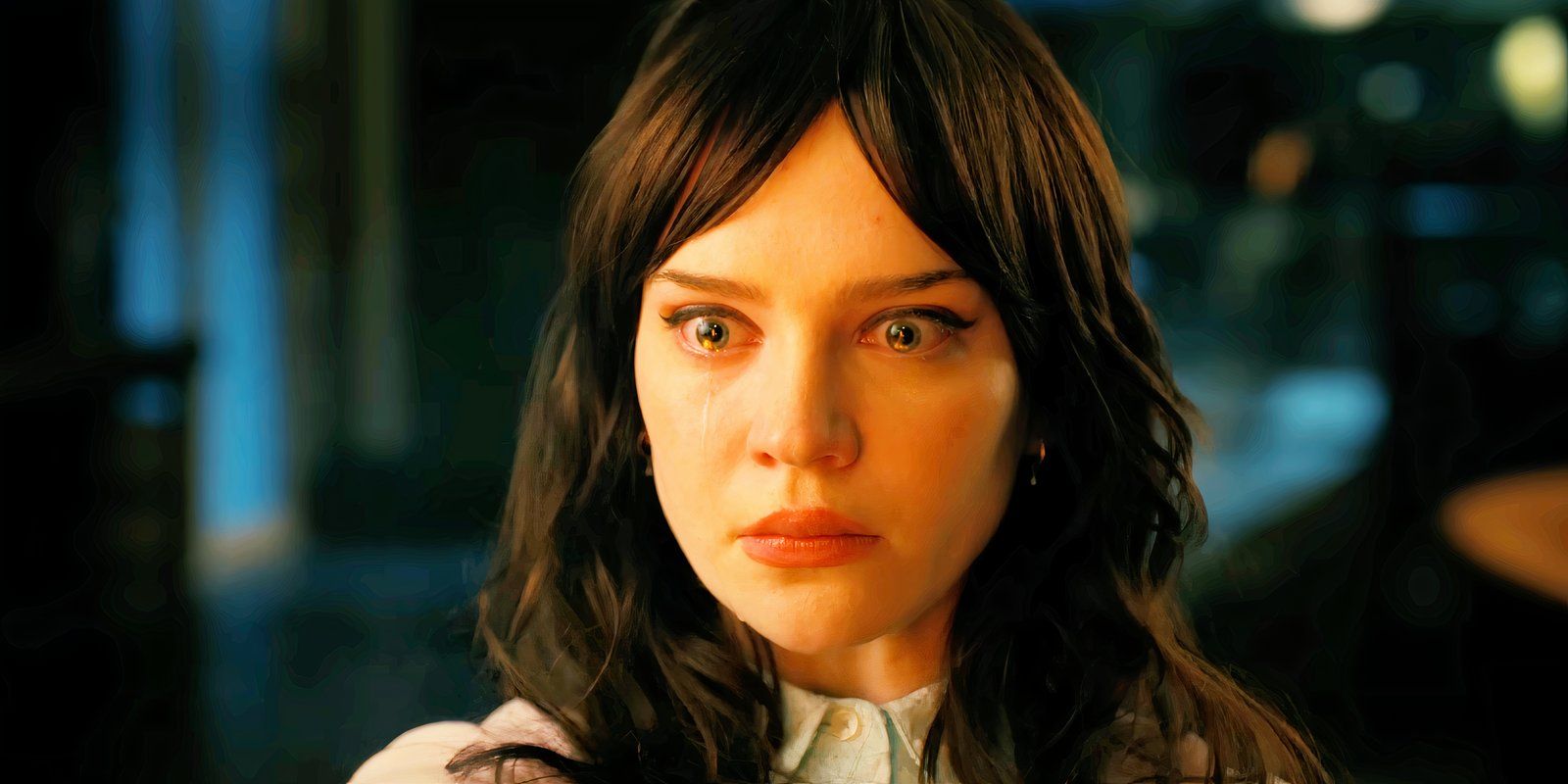The article contains spoilers for the Companion ending.Companion writer and director Drew Hancock explains why a sequel is unlikely. Starring Sophie Thatcher and Jack Quaid, the thriller follows a couple on a weekend getaway with friends at a remote cabin, which unravels into chaos after one of the guests turns out to be a companion robot. Along with Thatcher and Quaid, Companion‘s cast includes Lucas Gage, Megan Suri, Harvey Guillén, Rupert Friend, Jaboukie Young-White, Matt McCarthy, and Marc Menchaca.
In an interview with Inverse, Hancock explained that a Companion sequel is not in the works because the film’s narrative is complete as it stands. If the director had any follow-up ideas, a potential sequel would follow Iris using her newfound resources to live a peaceful life, which does not align with the genre’s usual direction. Check out his comments below:
“I told my story. My sequel would be like, she goes off, she uses the $12 million to buy a farm, and then she just spends the rest of her life farming the land and watching the sunset. I think Iris isn’t looking to create a robot revolution. She’s just wanting to live very human moments, and I don’t think there’s anything more human than enjoying a sunset.”
What This Means for Companion
Companion’s Originality May be Remembered Without a Sequel
While many horror movies receive sequels due to box office success, Companion’s narrative does not lend itself to further exploration in the same way, and the lack of a sequel does not diminish the film’s success. Already, Companion’s reviews have praised the film for its entertaining premise and standout ensemble. Hancock’s comments suggest he is prioritizing artistic integrity over commercial expansion and his approach aligns with other one-off horror successes that retain their impact without follow-ups.
Speaking of which, Hancock joins other directors who have opted for single horror films rather than creating sequels. Films like David Robert Mitchell’s It Follows (2014), Jennifer Kent’s The Babadook (2014), and Ari Aster’s Hereditary (2018) have similarly remained singular entries despite their popularity. By maintaining Companion as a self-contained story, Hancock ensures that it will be remembered for its strong storytelling rather than an eventual franchise.
Aside from Iris, several main characters die by the film’s conclusion, so this leaves Thatcher as the only remaining cast member who could return.
Furthermore, the Companion ending doesn’t open many story opportunities aside from Iris’ eventual freedom from her toxic boyfriend Josh. Plus, several main characters die by the film’s conclusion, leaving Thatcher as the only remaining cast member who could return. While there is a possibility to expand on Iris’ arc with her freedom or other versions of her robot line, a follow-up could also undermine the movie’s point, which is Iris establishing her free will and escaping the toxicity. Still, that decision can always change, especially since the horror movie is already performing exceptionally well at the box office.
Our Take on Companion’s Standalone Success
Companion Was Made to Stand on Its Own
While horror films notoriously spawn franchises, Companion stands out as a self-contained story that doesn’t require further expansion. Hancock’s decision to leave it as a singular film reinforces its strength as a well-crafted narrative rather than a setup for future installments. Some viewers might have hoped for a continuation, but Companion’s success as an autonomous piece ensures it will be remembered for its originality.
Source: Inverse






